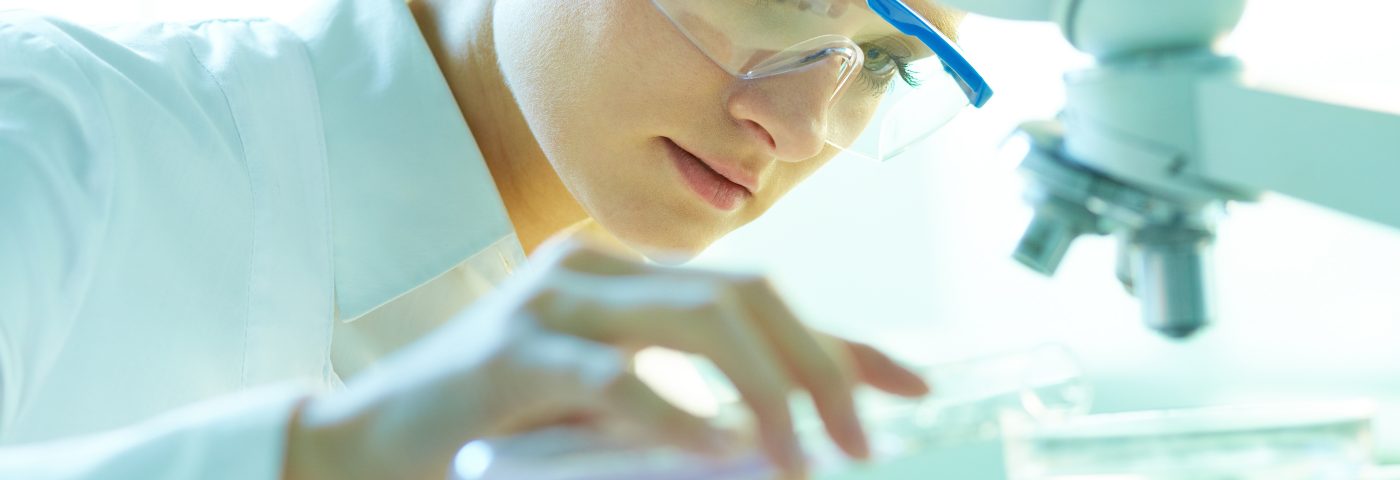Dr. David Dean at the University of Rochester Medical Center received a $3 million grant covering four years of research from the National Institutes of Health for the study and development of a new gene therapy method for patients suffering from acute respiratory distress syndrome (ARDS).
ARDS, a rapidly progressive lung disease, usually occurs in critically ill patients who have experienced lung trauma, either from major injury, near-drowning, or severe pneumonia, for example. Its main complication is the leakage of fluid into the alveoli, the tiny air sacs in the lungs, preventing the lungs from proper processing of oxygen. This results in insufficient oxygen into the bloodstream and serious breathing difficulties.
According to the American Lung Association, there are approximately 200,000 cases of ARDS each year in the United States. There is currently no cure, and people diagnosed with the condition are usually already in critical condition at the hospital. Between 30 percent and 50 percent of those diagnosed eventually die of ARDS due to respiratory failure.
Dean’s project will focus on gene therapy, which aims to deliver a DNA product to alveoli cells’ nuclei and influence their behavior, namely by promoting the lung cells to release accumulated extra water. This strategy has the potential to restore and improve lung function. In order for DNA compounds to enter cells, it is necessary to “break” through the cell walls, one of the protective barriers that stop foreign harmful pathogens from getting in.
The researchers aim to use a technique called electroporation, which delivers a shock of electricity that causes the cells in that area to open and receive the compound. However, this experimental technique has not been thoroughly explored in the field of gene therapy targeting chest and lung areas. The grant from the National Institutes of Health will also help Dean’s team further investigate the efficacy and safety of electroporation as a DNA delivery method.
“Our research has generated very encouraging results thus far,” said Dean, professor of pediatrics and neonatology. “If it continues to show promise, our next step will be a clinical trial.”

